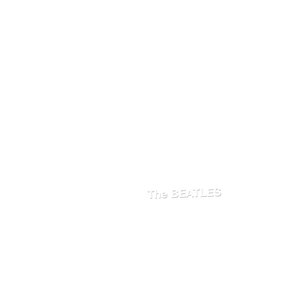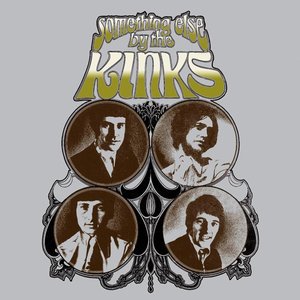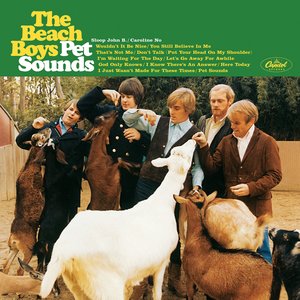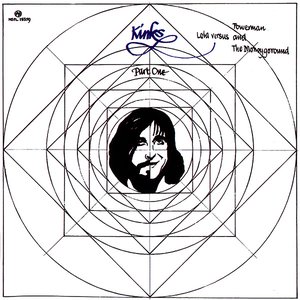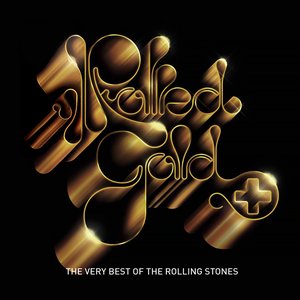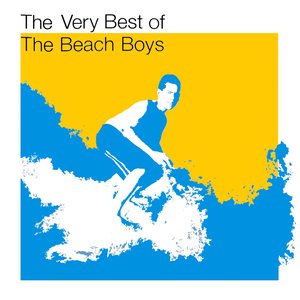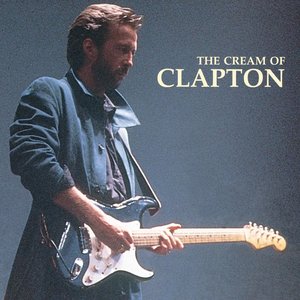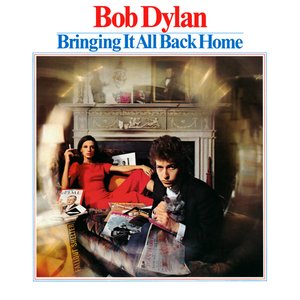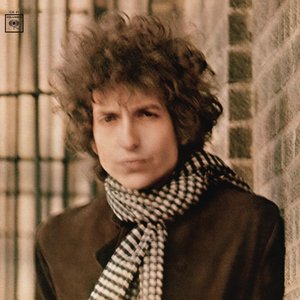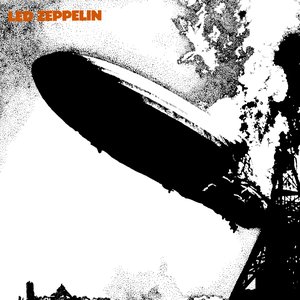Wiki
-
Length
4:16
"Revolution 1" is a song written by John Lennon (credited to Lennon/McCartney) and recorded by The Beatles for their 1968 album The Beatles. In one of the final interviews he gave before his death in 1980, Lennon reaffirmed the pacifist sentiments expressed in "Revolution" despite the criticism he initially received upon release.
Background & Composition
By and large, the Beatles had avoided publicly expressing their political views in their music, with "Taxman" being their only overtly political track thus far. Viewed as leaders of the counterculture, the band – particularly Lennon – were under pressure from Leninist, Trotskyist and Maoist groups to actively support the revolutionary cause. Lennon decided to write a song about the recent wave of social upheaval while the Beatles were in Rishikesh, India, studying Transcendental Meditation. He recalled, "I thought it was about time we spoke about it, the same as I thought it was about time we stopped not answering about the Vietnamese war . I had been thinking about it up in the hills in India." Lennon began writing the song there and completed it in England in May, inspired especially by events in France.
Around the fourth week of May 1968, the Beatles met at Kinfauns, George Harrison's home in Esher, to demonstrate their compositions to each other in preparation for recording their next studio album. A recording from that informal session released in the White Album's Super Deluxe version shows that "Revolution" had two of its three verses intact. The lines referencing Mao Zedong – "But if you go carrying pictures of Chairman Mao / You ain't gone make it with anyone anyhow" – were added in the studio. While filming a promotional clip later that year, Lennon told director Michael Lindsay-Hogg that it was the most important lyric in the song. By 1972, Lennon had changed his mind, saying: "I should have never said that about Chairman Mao."
Recording
The Beatles began the recording sessions for their new album on 30 May, starting with "Revolution 1" (simply titled "Revolution" for the first few sessions). At this first session, they concentrated on recording the basic rhythm track. Take 18 lasted 10:17, much longer than the earlier takes, and it was this take that was chosen for additional overdubs recorded over the next two sessions.
During overdubs which brought the recording to take 20, Lennon took the unusual step of performing his lead vocal while lying on the floor. He also altered one line into the ambiguous "you can count me out, in". He later explained that he included both because he was undecided in his sentiments.
On 21 June, the first part of take 20 received several overdubs and became officially titled "Revolution 1". The overdubs included a lead guitar line by Harrison and a brass section of two trumpets and four trombones. Final stereo mixing was completed on 25 June. The final mix that would ultimately be included on the "White Album" included the hurried announcement of "take two" by Geoff Emerick at the beginning of the song.
Lennon wanted "Revolution 1" to be the next Beatles single, but Paul McCartney was reluctant to invite controversy, and argued along with Harrison that the track was too slow for a single. Lennon persisted, and rehearsals for a faster and louder remake began on 9 July. Recording started the following day.
Track descriptions on Last.fm are editable by everyone. Feel free to contribute!
All user-contributed text on this page is available under the Creative Commons Attribution-ShareAlike License; additional terms may apply.
